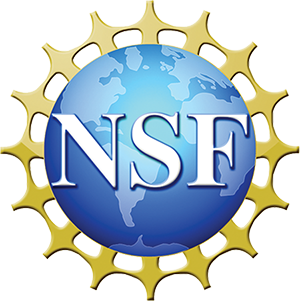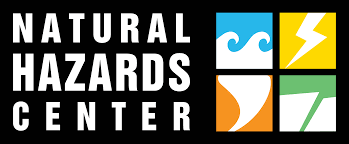CoronaCare: An ethnographic study of the risks to and potential for social health during the Corona Virus Pandemic
Resources / COVID-19 Resources / COVID-19 Research / CoronaCare: An ethnographic study of the risks to and potential for social health during the Corona Virus Pandemic
Project Overview
CoronaCare empirically explores how the socio-political measures to contain the virus’ spread affect social health, a form of health which unfolds through and across social relations. It explores how caring as a fundamental human activity and integral to sustaining social health is impacted when in-person and person-to-person contacts are restricted and everyone is radically redefined as at risk from others and a risk to others. Its ethnographic research design maps how these regulations alter our ability to care and be cared and documents, explains and evaluates how social health is maintained in these exceptional circumstances. This citizen-science fueled ethnography uses a variety of methods namely telephonic and video interviews with 60-70 research participants, the collection of ethnographic material including video and audio diaries, storyboards, first-person camera footage, photographs and a survey based on the Copenhagen Psychosocial Questionnaire (COPSOQ). Taken collectively, these methods enable precisely the sharp resolutions for richly describing and understanding how people are experiencing the social regulations and how the regulations are (re)shaping our ability to be cared for and to care for one another.Study Design
EthnographyProject Keywords
risk; social health; care; self-care; social relationsPrincipal Investigator
Name:
Professor
Christine
Holmberg
Department or Unit: Institute of Social Medicine and Epidemiology
Organization: Brandenburg Medical School Theodor Fontane
Co-Project Investigators
- ChristianApfelbacherProfessorInstitute of Social Medicine and Health Systems ResearchOtto-von-Guericke-University Magdeburg




CONVERGE is funded by the National Science Foundation (NSF), Division of Civil, Mechanical, and Manufacturing Innovation, Program on Humans, Disasters, and the Built Environment (Award #1841338). Any opinions, findings, conclusions, or recommendations expressed in this material are those of the authors and do not necessarily reflect the views of the NSF.